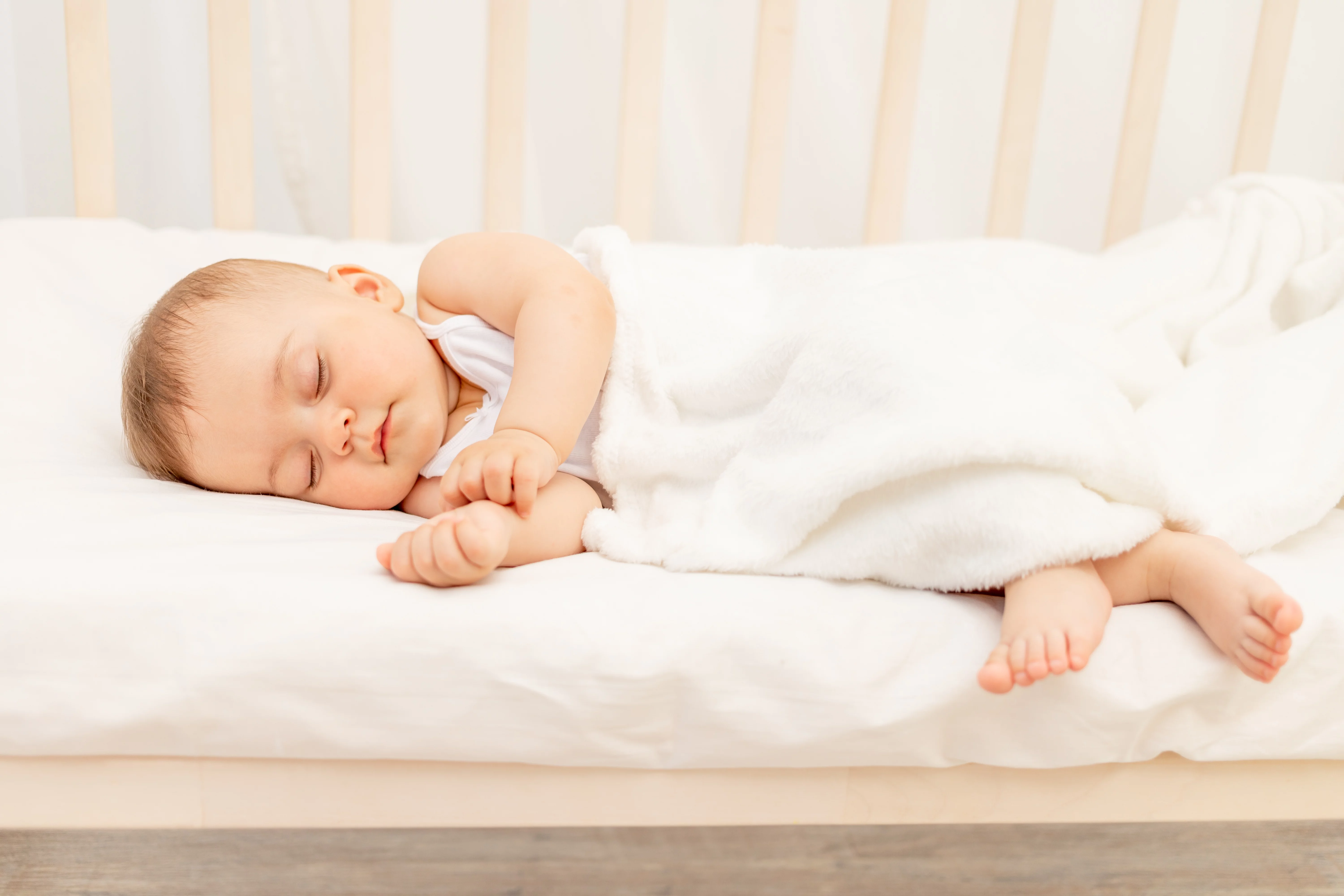"Newborns are incredibly delicate and sensitive to their surroundings. Their ability to regulate body temperature, called thermoregulation, is still developing, which makes them more vulnerable to sudden temperature changes."
)
When summer temperatures soar, many parents rely on air conditioning to keep their homes comfortable. But when you have a newborn or an infant, you might wonder: is air conditioner safe for such little ones? This question is quite common among new parents who want to ensure their babies stay comfortable without risking their health. In this blog, we’ll explore the benefits and potential concerns of using air conditioner around babies, as well as practical tips to use it safely.
Newborns are incredibly delicate and sensitive to their surroundings. Their ability to regulate body temperature, called thermoregulation, is still developing, which makes them more vulnerable to sudden temperature changes. This means parents should be especially cautious when using an AC system in a newborn’s room. Cooling the environment too much or exposing the baby to cold drafts can cause discomfort or even health issues.
On the other hand, a properly cooled room can protect your baby from overheating, which is just as dangerous as being too cold. Striking the right balance is key for your child’s comfort and well-being.
While concerns are valid, air conditioner can offer several advantages when used correctly around babies:
Even though air conditioner has many benefits, some risks come with improper use:
"Newborns are incredibly delicate and sensitive to their surroundings. Their ability to regulate body temperature, called thermoregulation, is still developing, which makes them more vulnerable to sudden temperature changes."
To enjoy the benefits of air conditioner while minimizing the risks, here are some practical guidelines parents should follow:
Babies cannot communicate discomfort, so it’s important to watch for signs of temperature distress. Overheating can cause sweating, flushed skin, restlessness, or even vomiting. Feeling too cold might make your baby restless, cause shivering, or show cold extremities like hands and feet.
Always check your baby’s neck or back to assess their temperature, if they feel sweaty or clammy, remove layers or adjust the room temperature. If they feel cool, add an extra blanket or layer of clothing.
Air conditioning, when used thoughtfully and carefully, can be a valuable tool to keep your baby comfortable and safe in hot weather. It helps regulate room temperature, prevents overheating, and supports better sleep, essential factors for your baby’s health. However, it is crucial to follow and ensure the AC unit is clean.
